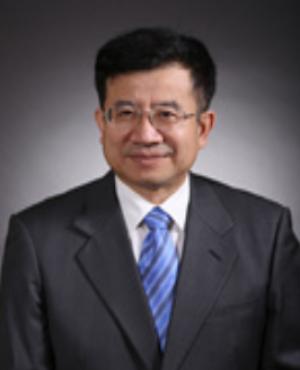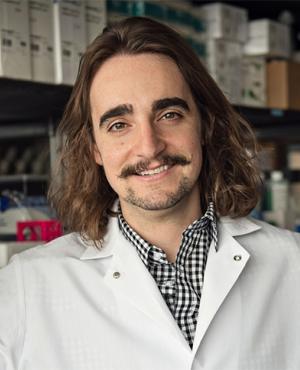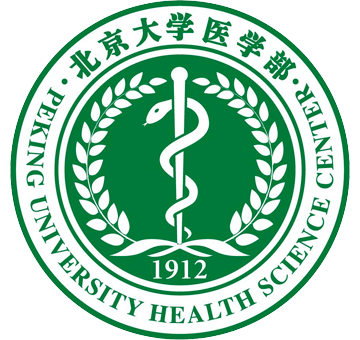
Shigang Ding, MD
JI Program: Liver and GI Disease
Project Status: Active/Ongoing
Gastric cancer (GC) and pancreatic ductal adenocarcinoma (PDA) are a major cause of mortality in China and the United States. A primary reason for this is the lack of effective therapeutic options. Thus, there is an urgent need to develop new drug targets. Metabolism is rewired in these cancers to support the demands of dysregulated cellular proliferation and tumor growth. Accordingly, tumor metabolism has emerged as a promising therapeutic inroad. Work from the Lyssiotis (University of Michigan) and Ding (Peking University) laboratories have independently demonstrated the potential of Malic Enzyme 1 (ME1) as a novel metabolic drug target in pancreatic and gastric cancer, respectively. In this collaborative project, our groups will continue our productive international collaboration by further defining the role of ME1 in cancer (mechanism of action), determining the genetic context to target ME1 (precision medicine), and determining the safety profile of ME1 inhibition. Notably, this proposal combines the expertise in cancer metabolism, preliminary data, and a wealth of novel ME1 reagents/tools from the Lyssiotis lab with the expertise in gastrointestinal disease and access to a unique patient cohort and biobank of GC specimens in the Ding lab. We are extremely excited for the opportunity to work together with the PUUMA program and look forward to developing a new metabolism targeted therapy for pancreatic and gastric cancer.



